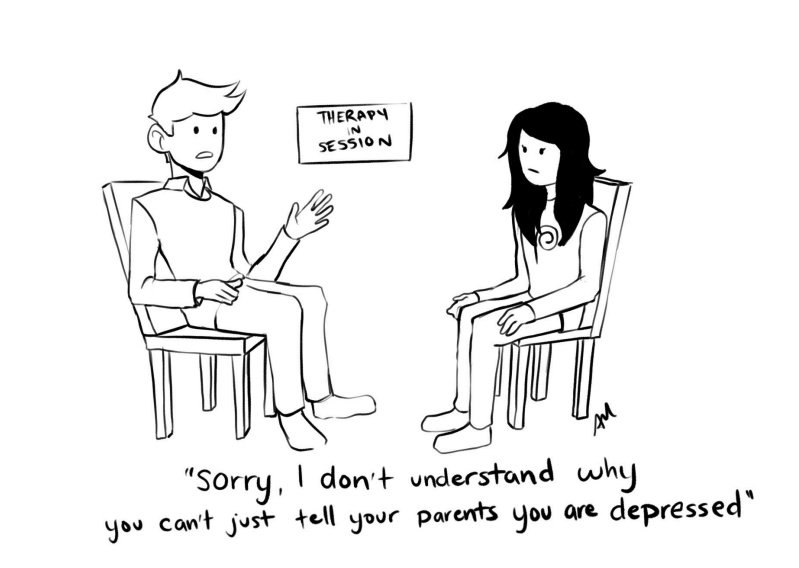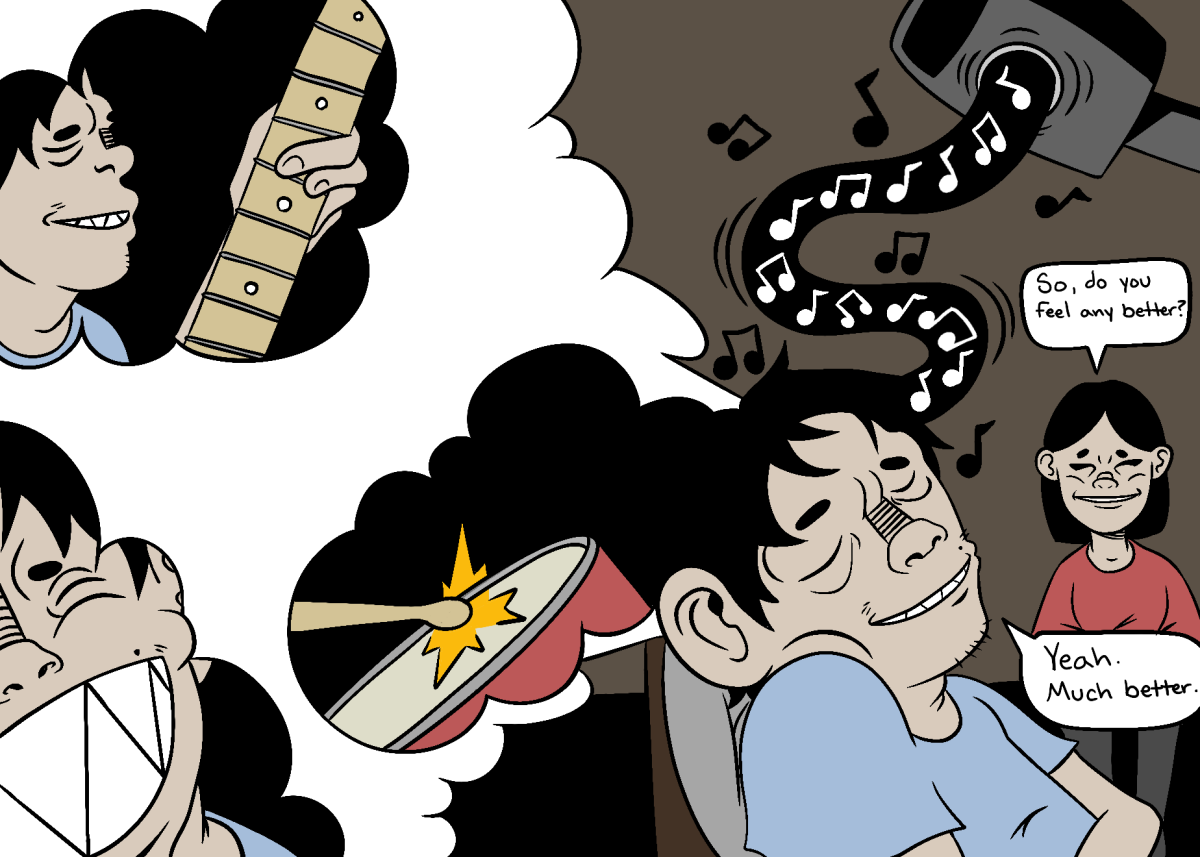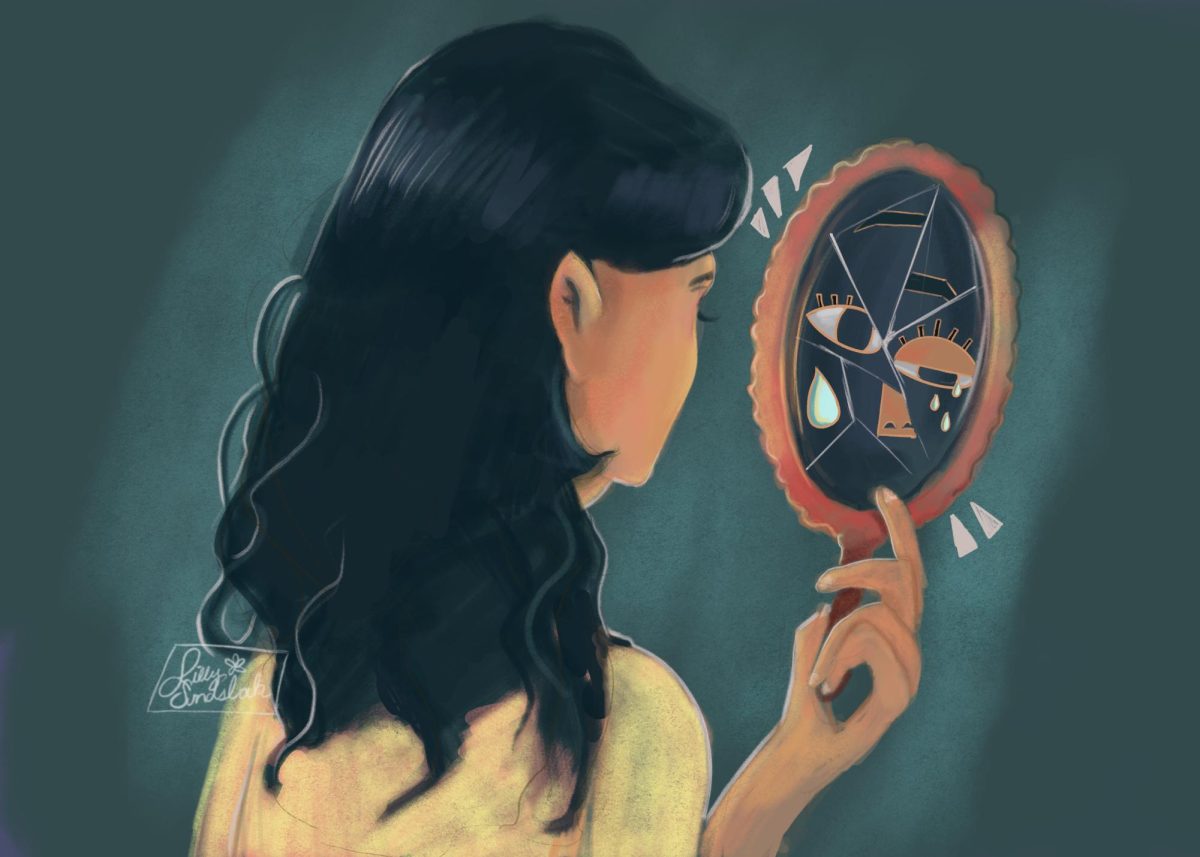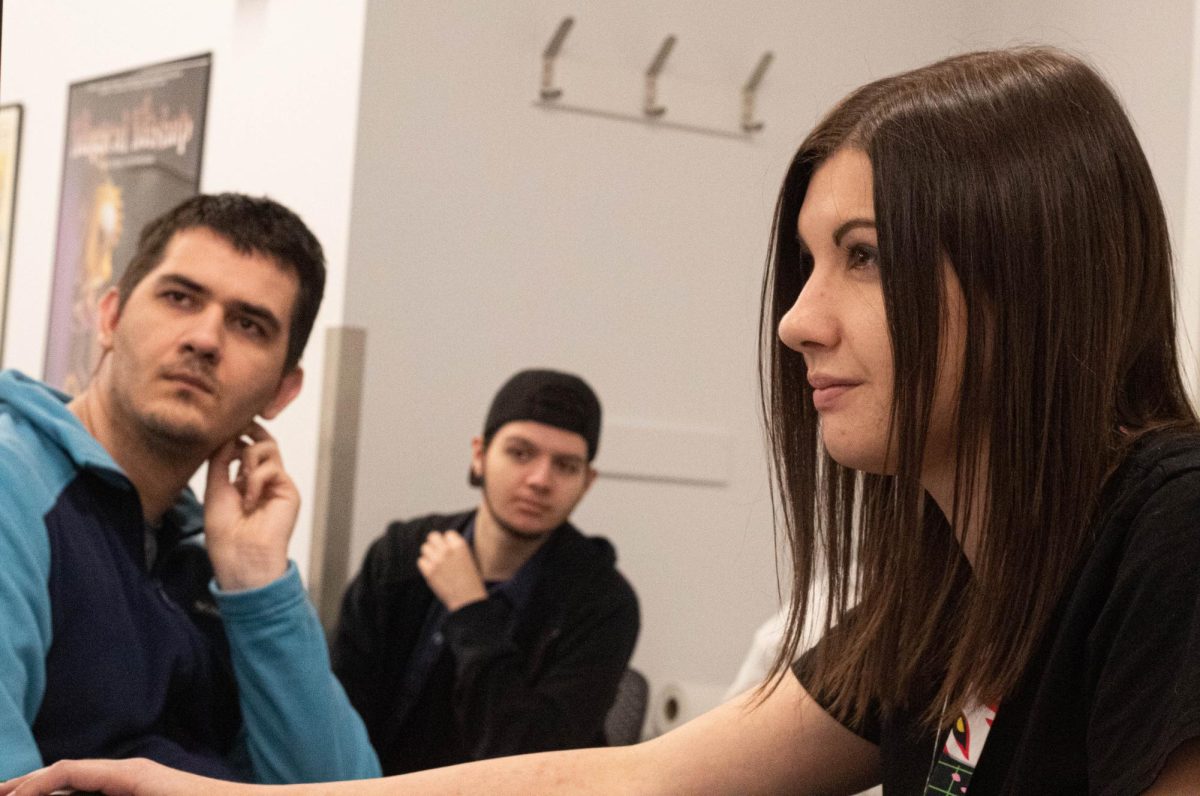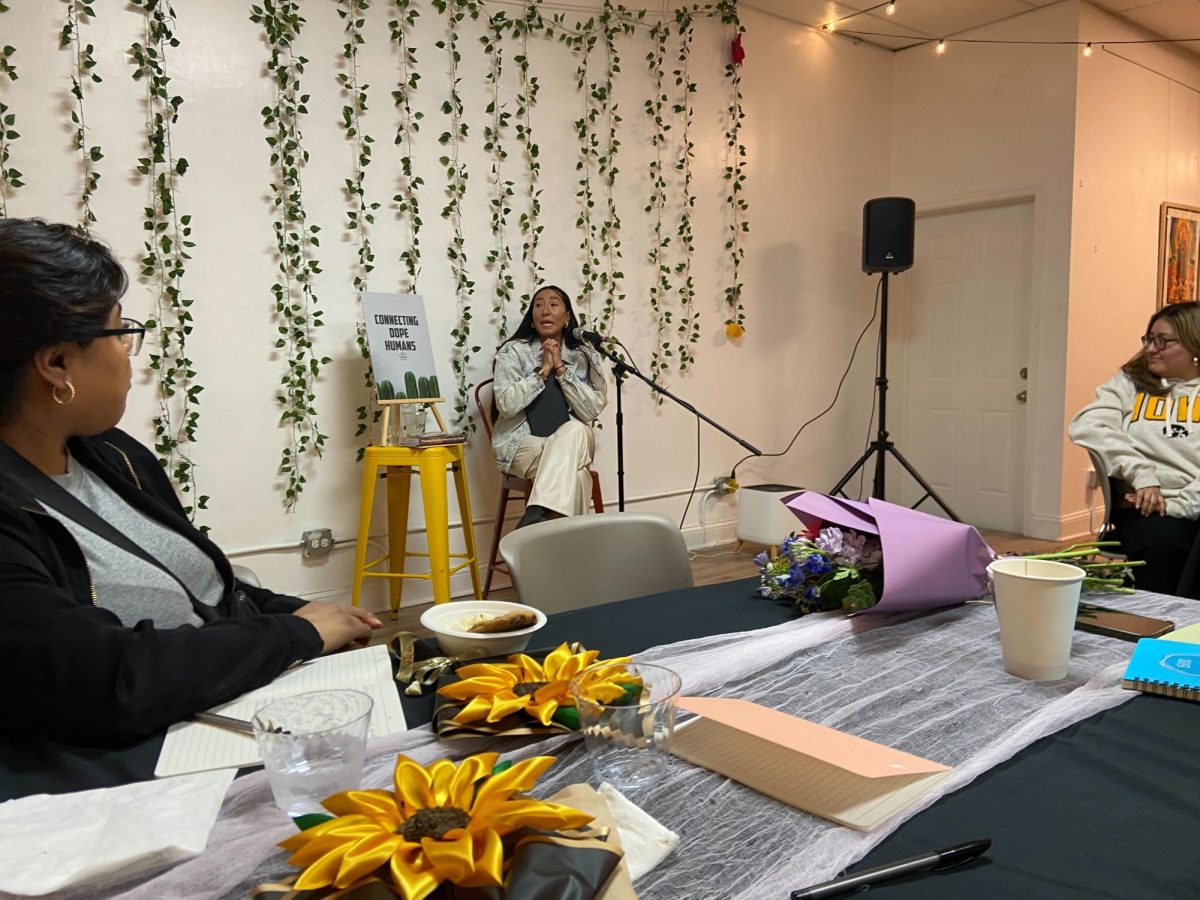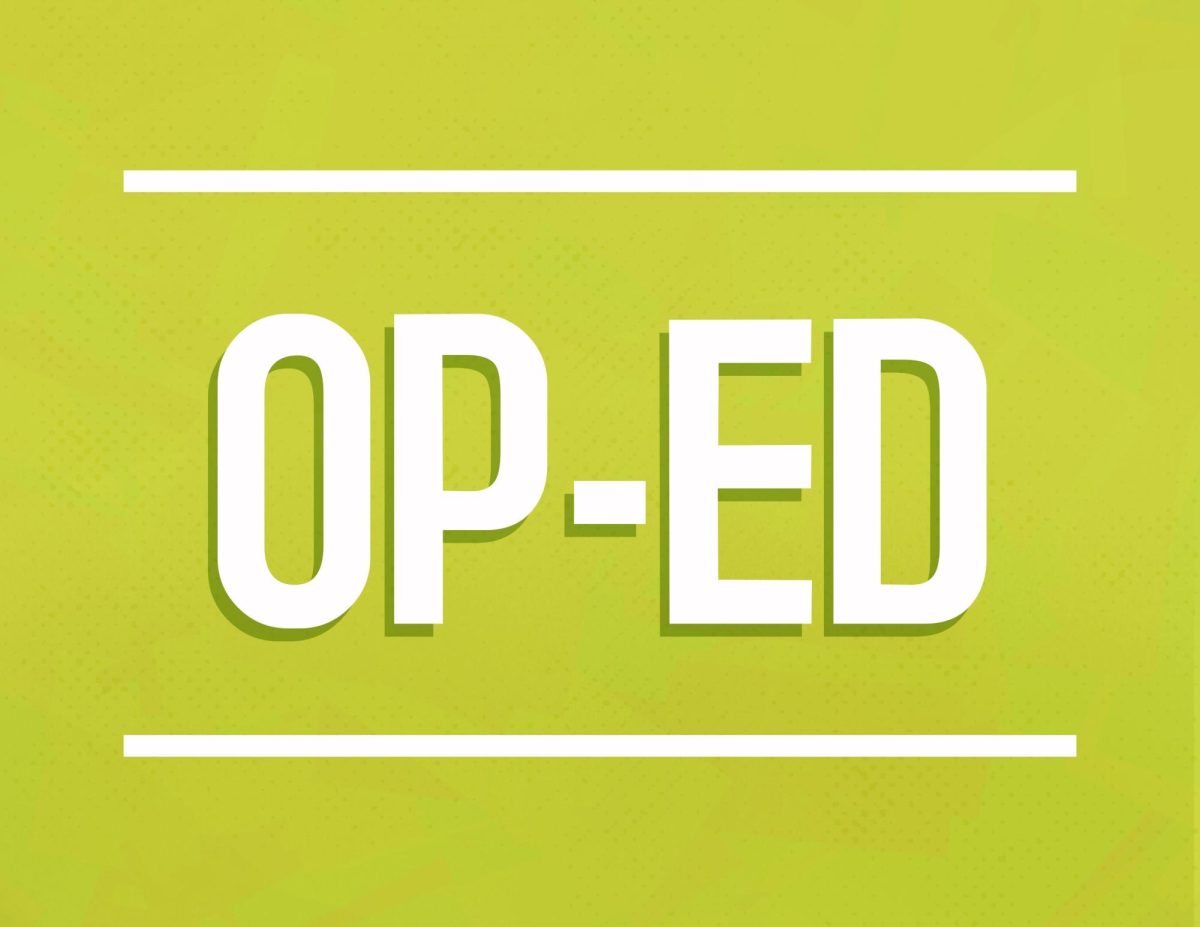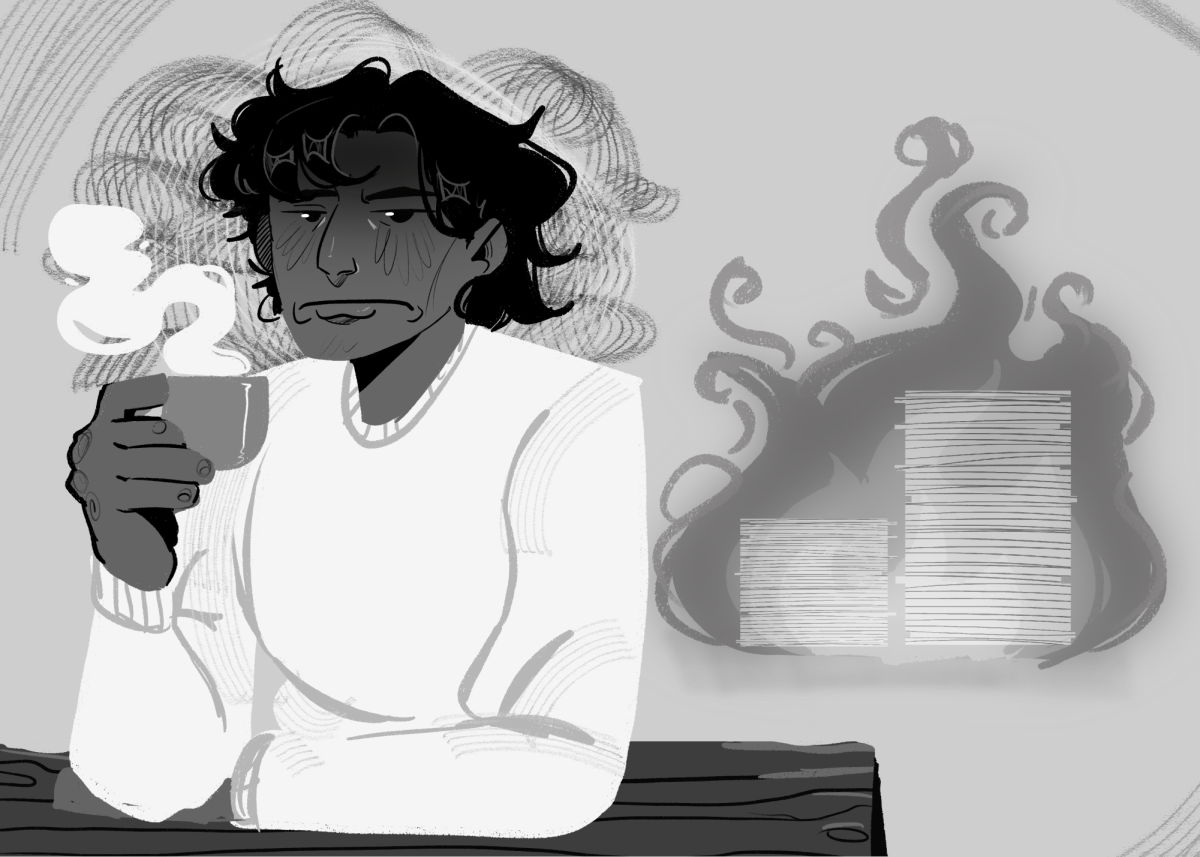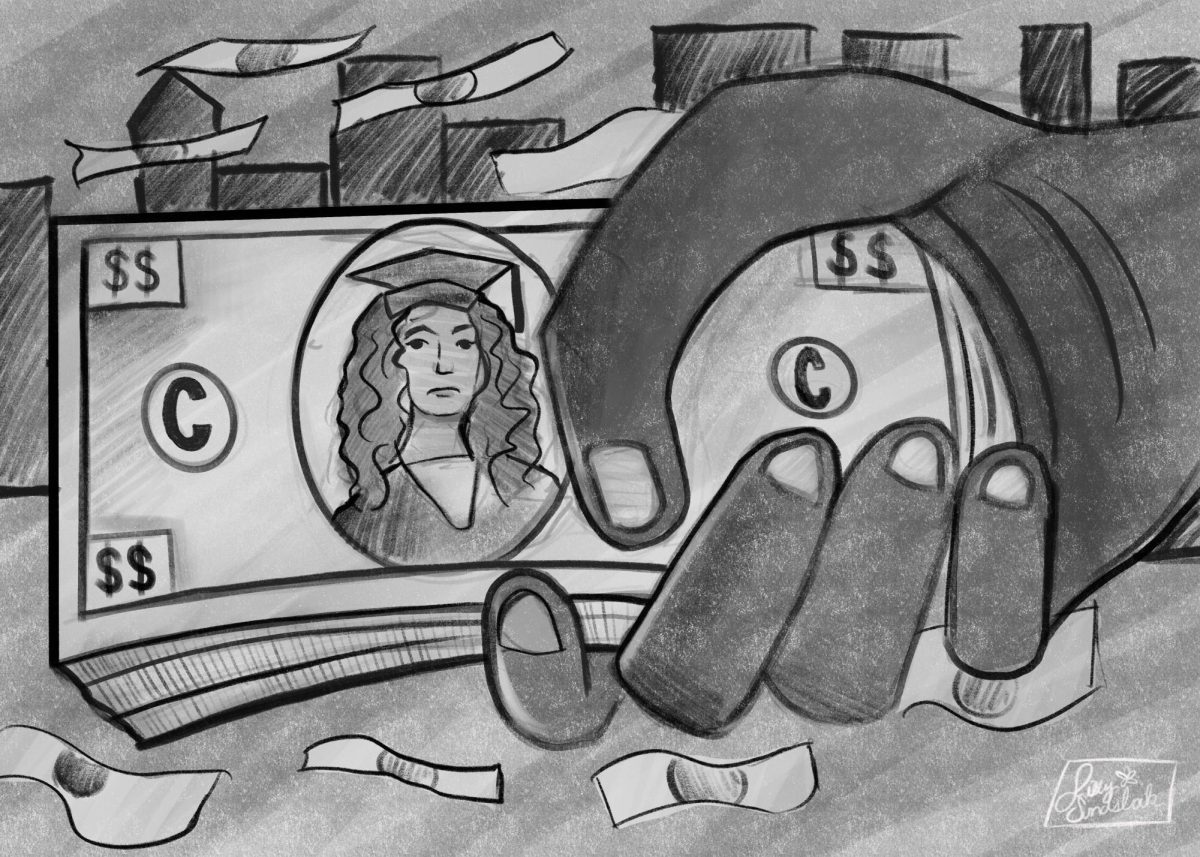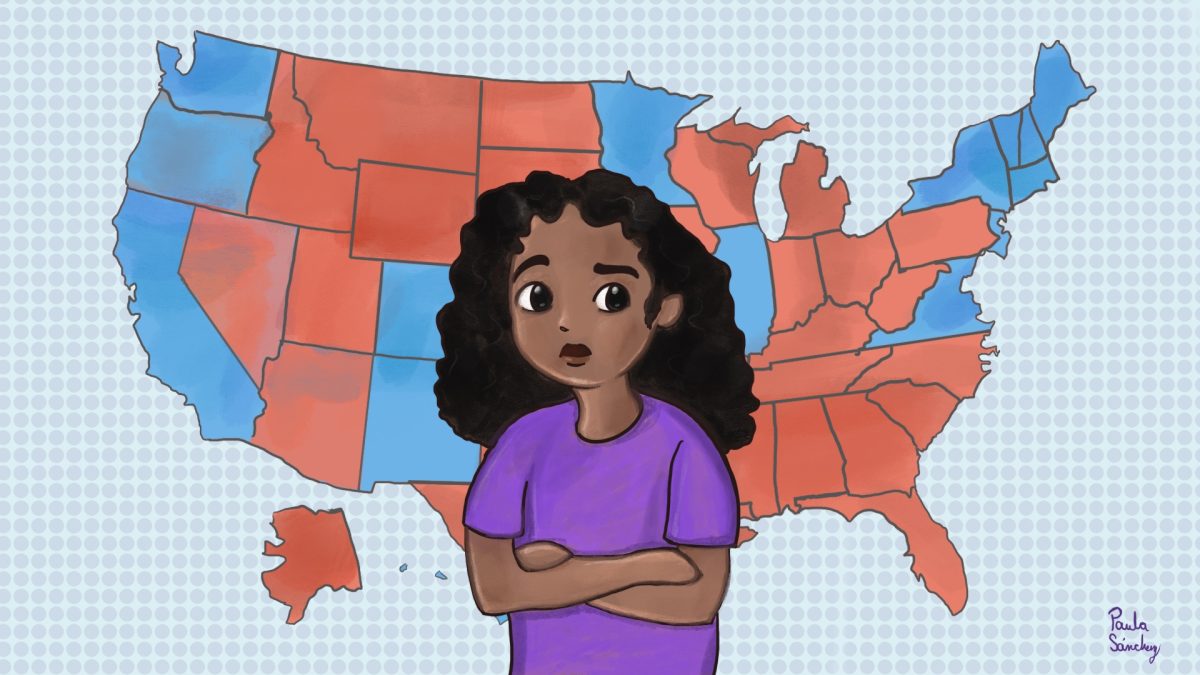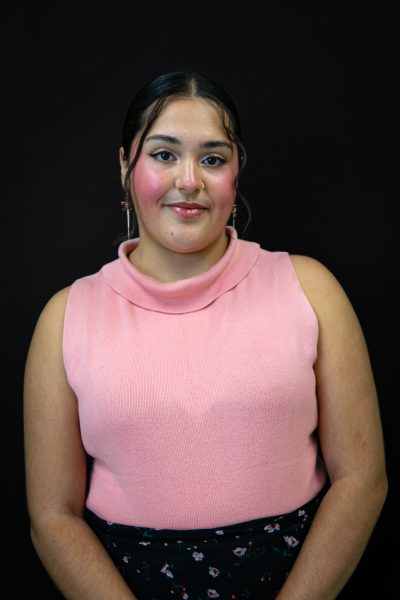MENTAL HEALTH ISSUE
Many first-generation students lack mental health resources and insider knowledge to help them navigate the financial needs and academic pressure of pursuing higher education.
Enrollment of first-generation students increased to 2,806 for the Fall 2023 semester compared to 2,062 students in the 2021 fall semester, according to the Office of Institutional Effectiveness.
Osvaldo Perez, a junior fashion studies and product development major, struggled with being a student because of his parents’ limited English proficiency and unfamiliarity with the college experience.
“They can speak English a little bit, but it’s usually Spanish at home,” Perez said.
The big picture:
James Rabon, a sophomore creative writing major and peer coach for the federal TRIO Student Support Services program at Columbia, is a first-generation student from South Carolina who lacked encouragement from his family going into college.
“I’m not really being celebrated in my family, at least directly, which obviously having that support, financial support, emotional support, is something that I definitely miss out on a lot and I know a lot of my students do as well,” Rabon said.
Rabon said families like his tend to put pressure on their kids and lack an understanding of the challenges they face as first-time college students.
“My mom still doesn’t fully quite understand how I’m working multiple jobs. School is a job in and of itself and I’m currently paying my way through school,” Rabon said. “You feel as if you don’t have the support of your family because they don’t know what you’re going through.”
In Rabon’s experience, there is an expectation among families for first-generation students to “be better.”
Rabon said a lot of students who come to him get lost in a “pit” of not knowing how to ask for help, which can be a severe setback.
What they did:
The federally funded TRIO program assists students who are first-generation, income-eligible and have disabilities.
As a peer coach, Rabon encourages community building and teaches students life skills and academic necessities by hosting monthly programs in the TRIO suite on the 5th floor of 33 E. Ida B. Wells Dr.
“One of the things that I focus on at my job is financials, and I work on creating programming for students to understand how to manage money,” he said. “Things that first-generation parents don’t really teach about adulting, because they don’t understand adulting, at least when you’re 18, 19, 20,” Rabon said.
The Student Diversity and Inclusion Office created a Peer Support Program meant to increase the success and retention rates of first-year students. The podcast “Our First Year – Columbia College Chicago” posts monthly episodes that share advice, resources and stories from upper-class peer mentors.
Peer mentors use their college experience to familiarize first-year students with campus resources by bringing in special guests that include other students and faculty members. They cover themes such as Title IX and building community.
Rabon said TRIO can be a place for students to form a community around their shared experiences.
“Everybody’s going to know something – a hack, or a coupon, something helpful to function as an adult,” Rabon said. “A support group is not about other people doing it for you, it’s about other people helping you be the best person you can be.”
What they found:
The TRIO Summer Transition Program eased Osvaldo Perez’s transition to Columbia from Eastern Iowa Community College, entering his junior year.
The program helped familiarize Osvaldo Perez with Columbia’s campus in downtown Chicago and provided opportunities to apply for scholarships and connect with other students.
“I got into TRIO, it was all clicking, [college] was easier to understand,” Osvaldo Perez said. “I’m pretty grateful for that.”
Osvaldo Perez said the TRIO office is a safe place even when he is “just feeling alone.”
“They’ll say ‘Hi’ every time I come in there, and a ‘Hi’ could change someone’s day,” Osvalso Perez said.
By the numbers:
A 2022 study by the Center for First-Generation Student Success found that 40.3% of first-generation students experienced clinically significant symptoms of major depressive disorder, and 44.6% experienced clinically significant symptoms of generalized anxiety disorder.
Christian Perez, a licensed therapist at Compass Health Center, didn’t have someone to look up to.
“I feel like that’s one of the hardest things about being a first-generation student,” Christian Perez said.
Between the lines:
Senior marketing major Jaime Sinaloa was also a part of TRIO’s Summer Transition Program. He said it gave him the chance to interact with others after struggling to meet people before transferring to Columbia from the College of Lake County.
“You get to meet a bunch of the other incoming students and so [it was] a good time to socialize and get to know other people,” Sinaloa said.
For many families of first-generation students, mental health can often hold a negative connotation. Christian Perez said he initially kept his therapy a secret because of his mother’s fear of judgment from other people.
“She didn’t want me to hear those things like, ‘Oh, your son’s crazy,’” Christian Perez said. “ I think it was almost a way for her to protect my innocence and still allow me to feel my feelings.”
While he knows that taking the initiative of professional help can be intimidating, Christian Perez said it is important to take care of your mental well-being. Resources he recommends include the number 211, which can be called to help find resources or treatments, and the publication Psychology Today.
“Mental health isn’t something that we should all be scared about; it’s something that we should all be interested in and curious to learn more about,” Christian Perez said.
What students are saying:
Ariana Hernandez, illustration major and second-generation student, is preparing to graduate this semester and said having a parent who attended college was helpful.
Hernandez’s mom, who graduated from DePaul University, offered emotional support and insight when Hernandez was contemplating dropping her Introduction to Gaming class during her fall semester of sophomore year.
“I am very glad that I had that support from her as well,” Hernandez said. “I think my college experience would have been very different.”
Now that Osvaldo Perez has a better understanding of life as a college student, he uses his experiences to help others.
“It’s kind of indescribable, to be able to help someone … knowledge is power, [and] it’s also free to share,” Osvaldo Perez said.
Copy edited by Jordilin Ruiz
Spanish digest:
Los estudiantes de primera generación se enfrentan a enormes retos al ingresar a la universidad, desde barreras idiomáticas hasta la falta de comprensión familiar sobre la experiencia académica. Carecen de recursos y conocimientos internos para sobrellevar las demandas financieras y la presión, sufriendo con frecuencia de depresión y ansiedad al no tener el apoyo necesario. Afortunadamente, programas como TRIO y el de Apoyo entre Pares en Columbia les brindan asistencia, creando una comunidad solidaria donde aprenden habilidades esenciales. Aunque algunas familias estigmatizan la salud mental, es crucial cuidar el bienestar psicológico mediante terapia y recursos comunitarios. Estudiantes como Osvaldo Pérez, quien superó sus propios retos, ahora aprovechan su experiencia para guiar a otros de primera generación, compartiendo sus valiosos conocimientos adquiridos.
Resumen en Español por Myranda Diaz










